Market Analysis
In-depth Analysis of Maritime decarbonization Market Industry Landscape
The market dynamics of maritime decarbonization have undergone significant shifts in recent years, driven by a global imperative to reduce greenhouse gas emissions and address climate change. The maritime industry, historically reliant on fossil fuels, is facing increasing pressure to transition towards more sustainable and eco-friendly practices. This shift is primarily influenced by regulatory measures, public awareness, and the development of innovative technologies.
Regulatory interventions play a pivotal role in shaping the maritime decarbonization market dynamics. Various international bodies and governments have introduced stringent regulations to limit the emissions from ships. The International Maritime Organization (IMO), for instance, has implemented the International Maritime Organization Initial Strategy on the Reduction of Greenhouse Gas Emissions from Ships. This strategy outlines clear targets for reducing carbon intensity and total emissions from the global shipping industry. As a result, ship owners and operators are compelled to adopt cleaner technologies and invest in alternative fuels to comply with these regulations.
Public awareness and societal expectations also contribute significantly to the market dynamics of maritime decarbonization. Concerns about climate change and environmental sustainability have gained prominence among consumers, investors, and stakeholders. This heightened awareness has led to increased scrutiny of the maritime industry's environmental impact, prompting companies to prioritize decarbonization efforts. In response to consumer demands for greener practices, companies are exploring and investing in technologies that reduce carbon emissions and improve overall sustainability in their operations.
Innovation and technological advancements are driving transformative changes in the maritime decarbonization market. The development of cleaner propulsion technologies, such as hydrogen fuel cells, ammonia-based systems, and electrification, is gaining traction. These innovations aim to replace or supplement traditional fossil fuel-powered engines, providing viable alternatives for the maritime sector. Additionally, advancements in energy storage systems, energy efficiency measures, and the integration of digital technologies are contributing to the overall efficiency and sustainability of maritime operations.
The financial landscape is also playing a crucial role in shaping the market dynamics of maritime decarbonization. Financial incentives, subsidies, and grants provided by governments and international organizations encourage companies to invest in sustainable technologies. The availability of financing options for the adoption of green technologies reduces the economic barriers associated with transitioning to cleaner practices. Furthermore, investors are increasingly prioritizing companies with robust environmental, social, and governance (ESG) practices, encouraging maritime businesses to align their strategies with sustainability goals.
Despite these positive market dynamics, challenges persist in the maritime decarbonization landscape. The high upfront costs of adopting new technologies, uncertainty surrounding the availability and scalability of alternative fuels, and the need for substantial infrastructure developments pose hurdles to widespread implementation. Additionally, the transition to cleaner practices requires collaboration across the entire maritime ecosystem, involving shipbuilders, fuel suppliers, regulators, and other stakeholders.
The market dynamics of maritime decarbonization are characterized by a complex interplay of regulatory, societal, technological, and financial factors. The industry is undergoing a profound transformation as it seeks to address environmental concerns and comply with stringent emission reduction targets. The success of this transition hinges on collaborative efforts, technological innovation, and strategic investments that align with both environmental sustainability and economic viability. As the maritime sector navigates these challenges, the evolution towards a more sustainable and decarbonized future remains a critical imperative for the industry and the planet as a whole.


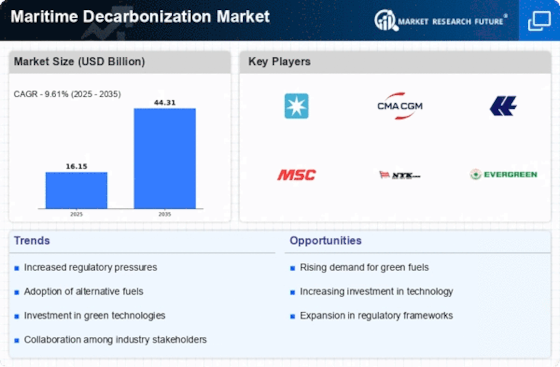
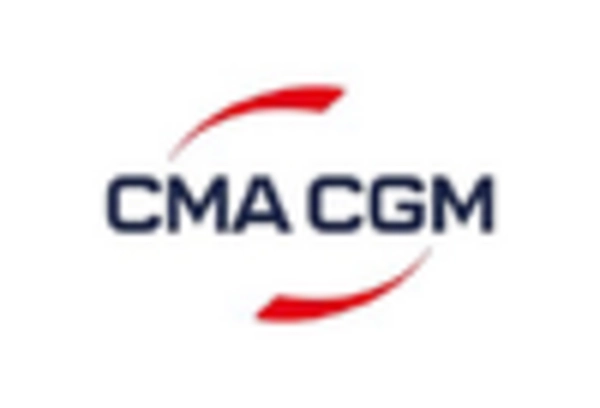
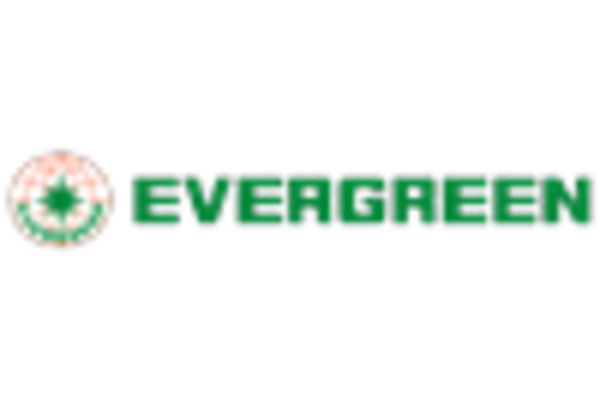
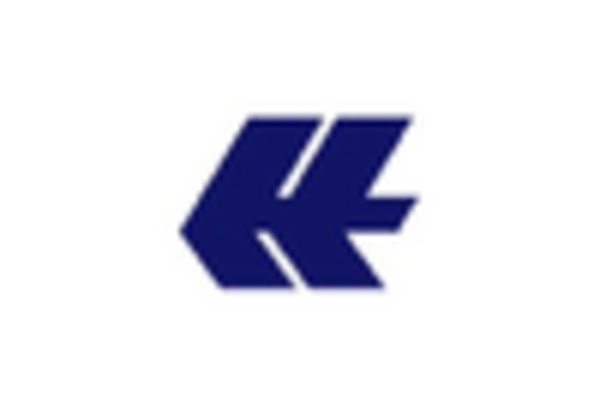
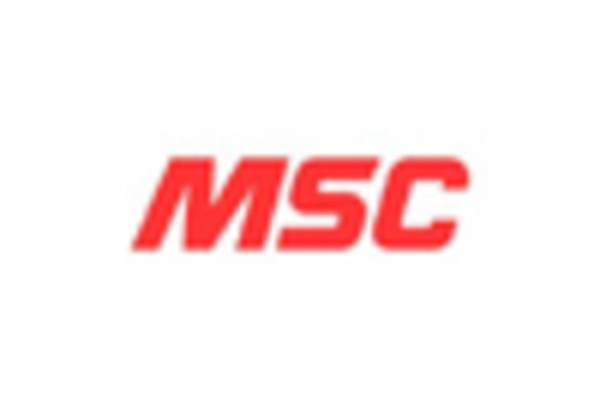

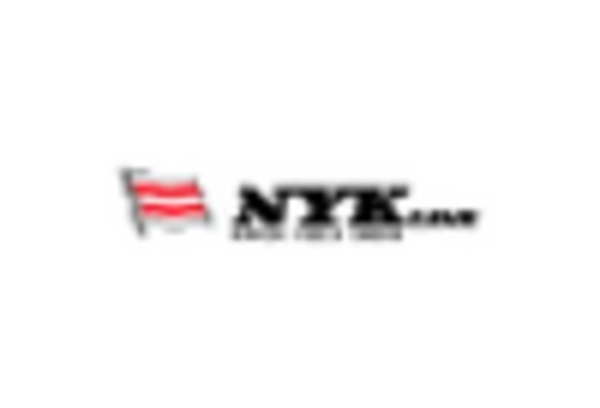









Leave a Comment